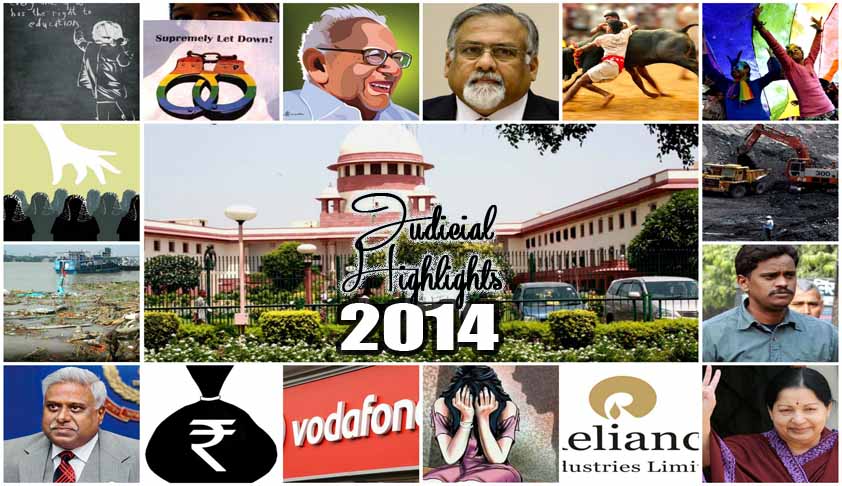- Home
- /
- Cover Story
- /
- “Judicial Highlights of 2014 – the...
“Judicial Highlights of 2014 – the year that saw it all”
LIVELAW NEWS NETWORK
31 Dec 2014 12:33 PM IST
2014 has been a year of change for India. The country witnessed 3 CJIs as the head of Judiciary, retirements and fresh appointments of judges, new team of law officers, change in the Central & State Governments, and a consequential undeclared war somewhere between these changes. The nation went through a transitional phase and the Constitutional courts played a very important role...
Next Story



